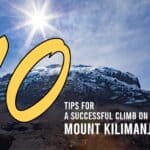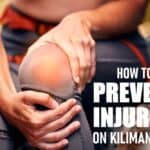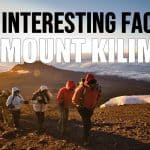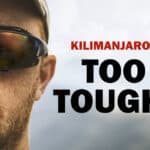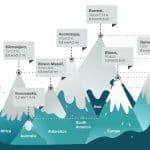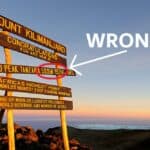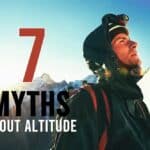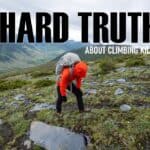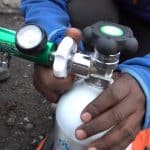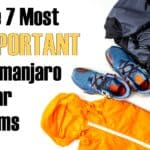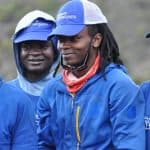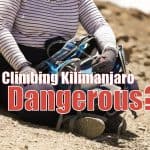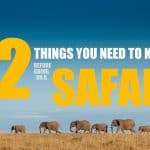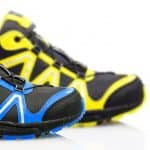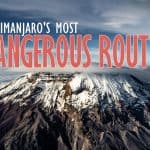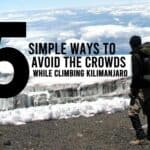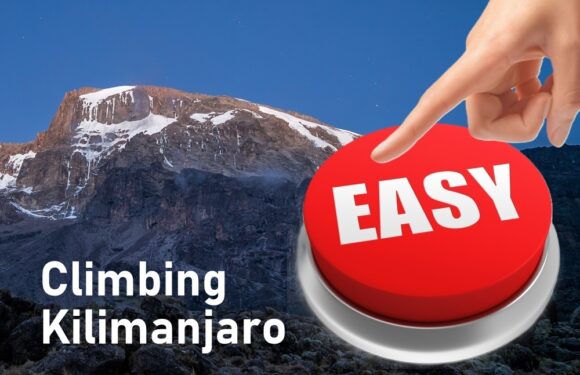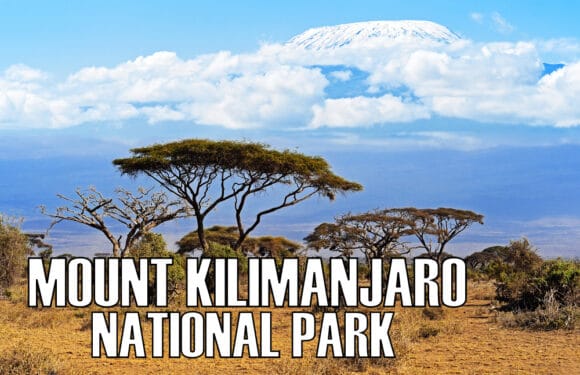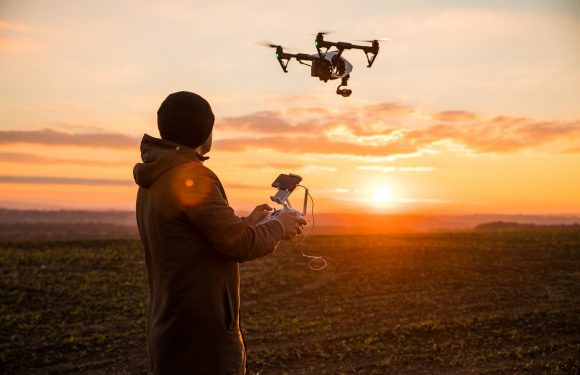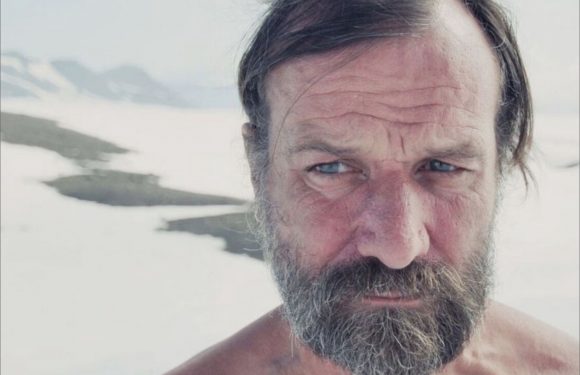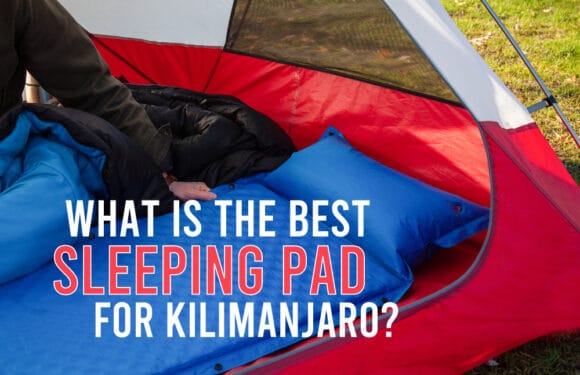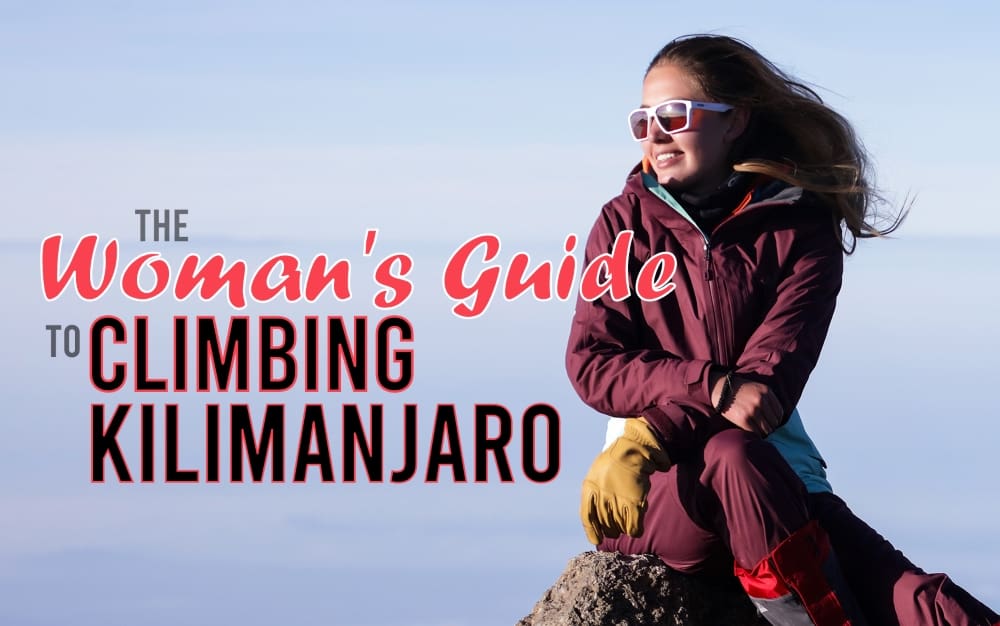
What makes Mount Kilimanjaro so enticing as an adventure travel destination is that anyone can climb the peak. That includes men, women and children, young or old, people in their prime of their lives or those with physical challenges.
The Kilimanjaro experience really isn’t different regardless of your demographics. Everyone has the same needs and concerns when it comes to tackling Africa’s highest peak. And our guidance is the same as well. That is, select the right route, come at a favorable time, train seriously for your climb, and assemble the appropriate gear.
But what additional considerations must a woman take while trekking to the highest point in Africa?
Let’s take a look at the most common questions.
Am I Safe On and Off the Mountain?
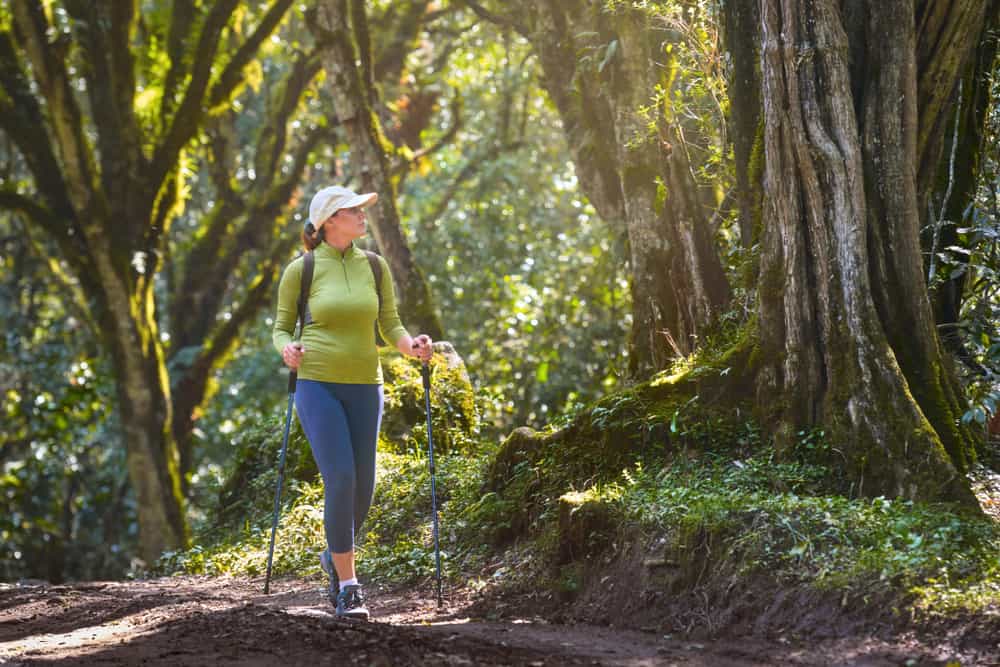
When we talk about safety on Mount Kilimanjaro, we are usually referring to the dangers of acute mountain sickness, rockfall and injuries. But women, especially solo travelers, inquire about their safety with respect to being targets of crime including robbery, sexual assault, and physical violence.
As far as your time on the mountain, you will be in very good hands. Our mountain crews consist of several staff for every client we serve. Not only is there a lead guide, assistant guides, cooks and porters accompanying the group on every trip, there are also many other tourists and crews on the trails and campsites. You will never be left alone on the mountain and thus, it is extremely unlikely that anything could happen to you.
Next, let’s discuss Tanzania. It is generally very safe to travel in the country (safer than big cities in the USA). As long as you are accompanied by our staff, there is virtually no opportunity for a criminal to target you.
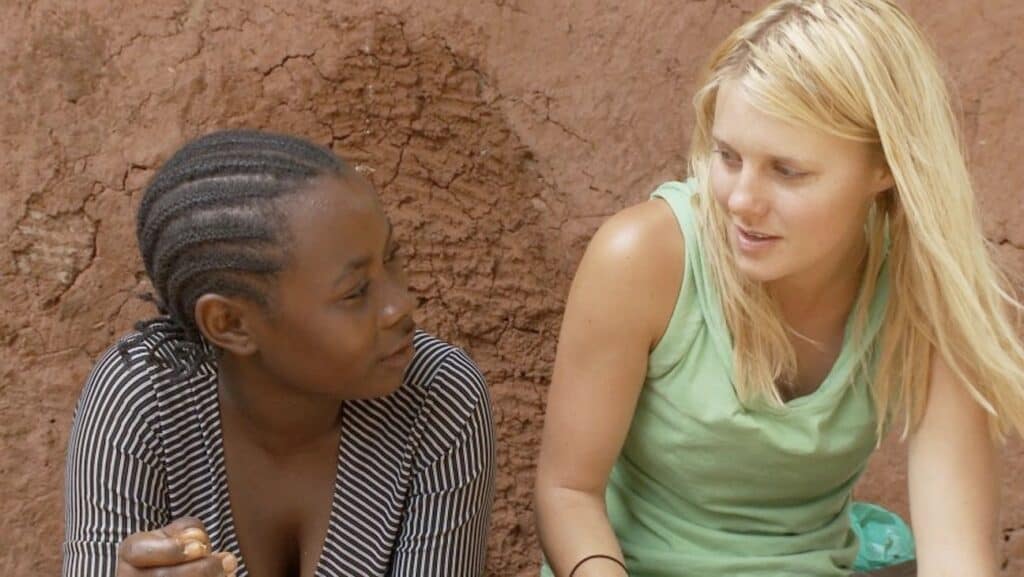
But just like any other place you’d visit, foreign or domestic, you should take reasonable precautions in order to minimize the risk of something going wrong.
Here are some general travel tips for your time in Tanzania:
- Avoid public transportation. Have you hotel or guide company call for a vehicle instead of hailing a taxi on the streets. We can arrange airport pick up and drop off for our clients.
- Don’t wear fancy and expensive jewelry, watches, purses, shoes or other accessories. In fact, leave them at home.
- Keep your phone put away rather than having it in your hand or constantly checking it while you are in public.
- Be careful not to flash your money. Split up your cash so it’s not all stored in the same place.
- Don’t travel alone in remote or desolate places, especially at night. It is generally fine to travel alone in busy or populated places, especially tourist areas.
- Don’t reveal too much when making small talk with strangers on the street. Be polite but don’t engage. Be cognizant that anyone who approaches you may be trying to scam, pickpocket, or rob you.
- Always be aware of your surroundings. If you get a bad feeling about a situation or person, leave.
Will It Be Too Cold for Me on Mount Kilimanjaro?
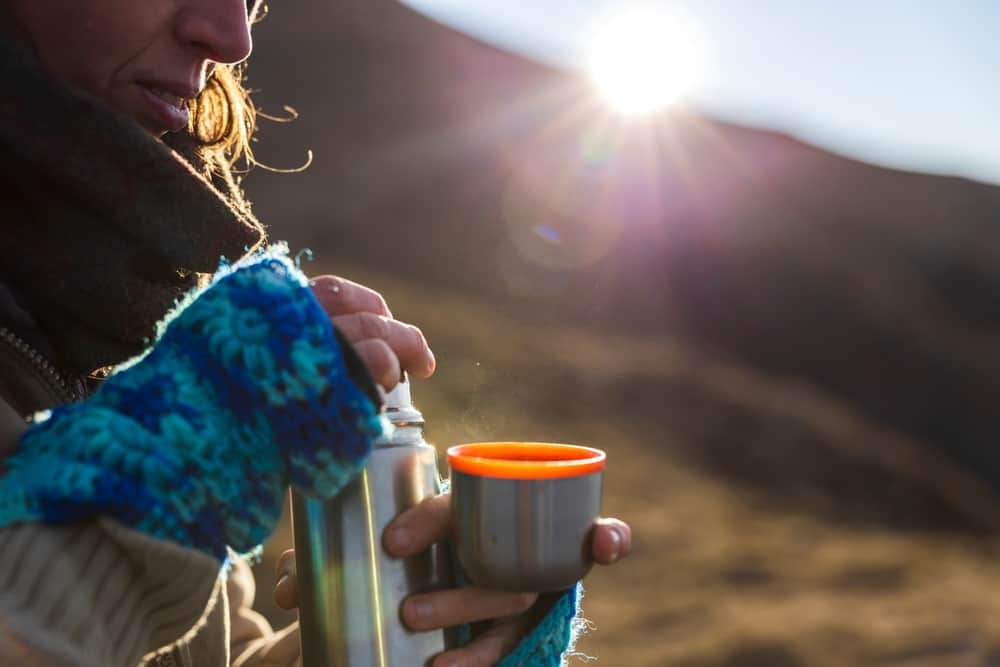
Women tend to feel the cold more than men. There are reasons, scientifically, why this occurs. First, women have higher core body temperatures than men. And second, women have slower metabolic rates than men, which reduces heat production capacity.
Whatever the cause, it is important that everyone has the right cold weather gear for their climbs.
The best thing you can do is to make sure that your sleeping bag, sleeping pad, down jacket, soft shells and shoes are quality items. Follow our gear recommendations when selecting what you’re going to bring with you.
If you know you get cold easily, choose items that are extra warm. For instance, don’t bring a 0F-degree sleeping bag. Rent one of our -30F bags instead. Bring a sleeping pad to use in addition to our provided foam mats. Opt for the thicker fleece jacket or two. Get a hefty down jacket. Wear expedition weight socks and insulated boots for the summit.
Know that there are places that are much colder than Mount Kilimanjaro such as Antarctica and Mount Everest. And women go to these destinations without any problems — because they have the right gear. With the right gear, the temperature becomes a non-issue.
Is Climbing Kilimanjaro Too Physically Difficult for Me?

We have guided many thousands of women to the summit.
In our experience, there is no difference in the success rates between men and women. So, women are not at a disadvantage when it comes to climbing Kilimanjaro. Both sexes succeed and fail equally.
Our advice is the same for everyone. Put the required time into training, at least two months, so you can be strong on your feet for an entire day. Wear you pack and shoes and go for day hikes with some decent elevation gain if possible. If not, train a lot on stairs or a stair machine. The key is to develop physical endurance. So exercising for long durations and low intensity is best.
Am I at a Higher Risk of Altitude Sickness as a Woman?

Some observational studies have shown that women have a slightly higher risk of developing altitude sickness than men. Despite this, the overall risk is believed to be equal for both genders.
When it comes to climbing Kilimanjaro, we have found that the demographic that seems to get altitude sickness the most is young, fit males. It’s counterintuitive, but there is a reason. The main cause for altitude sickness is ascending too high too fast and this is what strong hikers (young, fit males) tend to do. They walk quickly and power their way uphill without taking breaks, out pacing their ability to acclimatize.
As always, we recommend taking at least 7 days on the mountain. Better yet, climb the 8 day Lemosho Route or 9 day Northern Circuit, which are our favorite routes.
On Kilimanjaro, our lead guides will intentionally slow the pace to increase the time spent on the trail. This gradual exposure to higher and higher altitudes gives your body the time it needs to adjust properly. Even if you feel like you can move much faster, just follow the pace of the guides. They know what they’re doing.
How Do I Use the Bathroom on Kilimanjaro?

Private toilet tents are included on all of our trips.
These toilet tents consist of a plastic pump-flush toilet enclosed in a stand up tent for privacy. The portable loos are set up at every campsite for our convenience. A special porter maintains the toilet, making sure it is clean and ready for use.
If you need to use the bathroom while hiking, find a spot off trail, usually behind a rock or bush. If you’re unsure where to go, our guides can direct you.
Women might want to bring a “she wee” – a funnel device that allows women to urinate without taking their pants down.
Can I Shower on Kilimanjaro?
For the most part, no.
There are no showers on the camping routes (the best routes) on Mount Kilimanjaro. On the Marangu route, which we generally do not recommend using anyways, there are now cold showers in some rooms at the newly built huts at Mandara and Horombo, which require an advanced booking request.
So what do most climbers do to stay clean?
Between the sweat, dirt and dust, it is impossible to stay clean. We provide soap and warm water at the campsites. Our clients generally will wash their face, neck, hands and arms throughout their treks — and not much else. After all, it’s backpacking. It’s understood that everyone is going to be dirty.

However, it is very important to clean your hands before every meal and after using the bathroom. On the trail, use hand sanitizer. At camp, use soap and water.
If you feel the need to do more, you can fill up a bowl with warm water and use a camp towel to wipe down the rest of your body. Or use wet wipes. If you have to wash or rinse your hair, you can do so using the water bowls. But be mindful. Water is hard to come by so be respectful with how much water you use and for what purpose.
Finally, you might want to keep your fingernails short for the hike. Dirt will inevitably get trapped under long fingernails, which is unsanitary.
What if I Have My Period on the Mountain?
Altitude has a way with messing with hormones. So even if you’re not scheduled for your period, it may come unexpectedly. Be prepared just in case.
We recommend using tampons or maxipads. Use biodegradable bags to store used tampons and pads and dispose of them in the designated trash bags at campsites.
__________
Are you ready to climb Kilimanjaro? Take a look at our trip dates.


